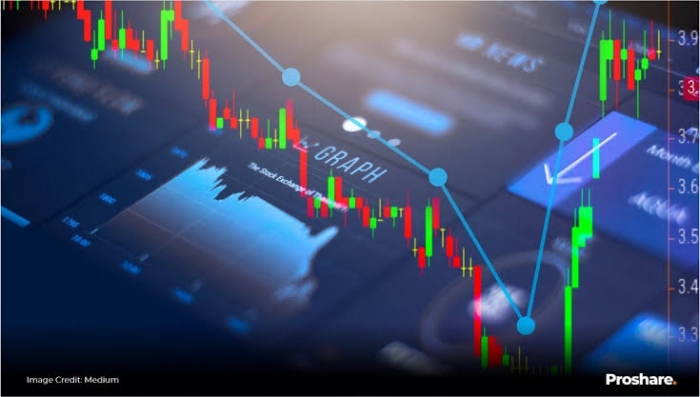June 12, 2025
Oil prices rise to 2-month highs on worries of escalating US-Iran tension
by Super User
Oil prices edged higher on Thursday to their highest in more than two months, after…
June 12, 2025
Nationwide protests loom as Tinubu addresses N’Assembly on Democracy Day
in POLITICS
by Super User
Tension is high as the Take It Back Movement leads nationwide protests today, June 12,…
June 12, 2025
Self-made millionaire shares the hardest money conversation he had with his wife: ‘I’m sweating thinking about it’
in FEATURES
by Super User
Self-made millionaire, author and TV host Ramit Sethi knows a thing or two about money.…
June 07, 2025
‘Nigerians are marrying all our daughters’, Kenya’s President Ruto, cries out
in Strangely
by Super User
Kenyan President William Ruto has stirred up a storm on social media with his provocative…
June 10, 2025
13 killed in fresh attacks in sokoto and plateau states amid rising insecurity
in Crime
by Super User
At least 13 people have been killed in separate violent incidents in Sokoto and Plateau…
June 12, 2025
Here’s the latest as Israel-Hamas war enters Day 615
in WARS
by Super User
US slams UN conference on Israel-Palestinian issue, warns of consequences U.S. President Donald Trump's administration…
June 10, 2025
Apple announces biggest software changes in years
Apple on Monday announced sweeping changes to its product ecosystems, including a wide-ranging revamp of…
May 13, 2025
Nigeria's Flying Eagles qualify for World Cup after dramatic win over Senegal
in Sport
by Super User
Nigeria's U-20 national football team, the Flying Eagles, have secured their place at the 2025…
































































